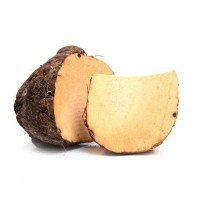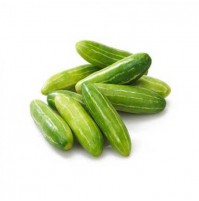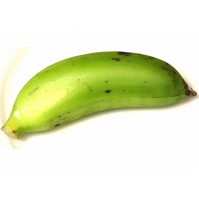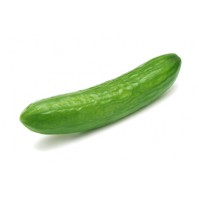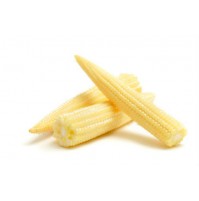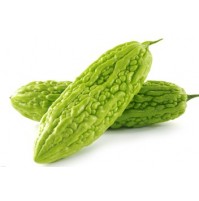-
Fruits & Vegetables
- Daily Staples
Oopss, are you sure you want to move away from this page... You were in the middle of editing an existing order, and may want to complete the transaction by hitting the checkout button
Move awayContinue Shopping
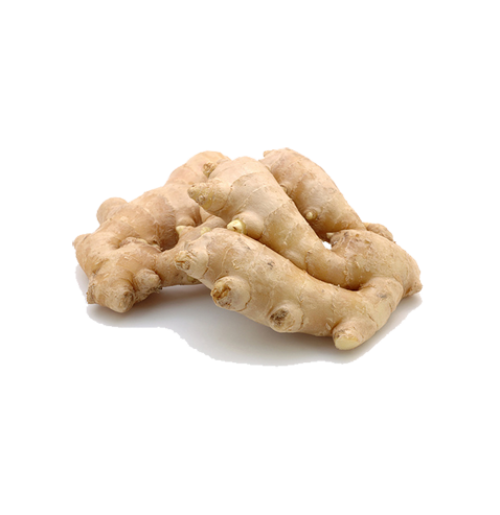
Ginger
-
Rs39
Qty :Ginger is the underground rhizome of the ginger plant with a firm, striated texture. Aromatic, pungent and spicy, ginger adds a special flavor and zest to Asian stir fries and many fruit and vegetable dishes.
Ginger can be sliced, minced or julienned. The taste that ginger imparts to a dish depends upon when it is added during the cooking process. Added at the beginning, it will lend a subtler flavor while added near the end, it will deliver a more pungent taste.
You could try these:
- Add to some almond milk with turmeric for some golden milk
- Turn up the heat while cooling off by making ginger lemonade. Simply combine freshly grated ginger, lemon juice, cane juice or honey and water.
- Add extra inspiration to your rice side dishes by sprinkling grated ginger, sesame seeds and nori strips on top.
- Combine ginger, soy sauce, olive oil and garlic to make a wonderful salad dressing.
- Add ginger and orange juice to puréed sweet potatoes.
- Add grated ginger to your favorite stuffing for baked apples.
- Spice up your healthy sautéed vegetables by adding freshly minced ginger.
Benefits:
- Historically, ginger has a long tradition of being very effective in alleviating symptoms of gastrointestinal distress.
- Ginger reduces all symptoms associated with motion sickness including dizziness, nausea, vomiting, and cold sweating.
- antioxidant effects, an ability to inhibit the formation of inflammatory compounds
You may also like Rs80 - 1 Piece
Rs80 - 1 PieceYams (Dioscorea) are a type of tuber vegetable that originated in Asia, Africa, and the Carribean.&n
 Rs80 - 500 Gms
Rs80 - 500 GmsWe try our best to get them tender. But sometimes we do get over ripe ones and it is quite difficult
 Rs80 - 1 Piece
Rs80 - 1 PieceRaw bananas or green bananas are widely cultivated in southern India and are in fact used in most In
 Rs80 - 500 Gms
Rs80 - 500 GmsEnglish cucumbers, sometimes called seedless or hothouse cucumbers, are often longer and narrow.&nbs
 Rs80 - 1 Packet
Rs80 - 1 PacketA Baby corns are small-sized regular corns that are picked before maturing. Growing to be a very pop
 Rs80 - 500 Gms
Rs80 - 500 GmsI is a tropical vine that belongs to the gourd family and is closely related to zucchini, squash, pu
Popular Searches
- Organic Cow Ghee
- order fruits online
- buy dry fruits online
- whole wheat bread
- buy millet flour
- fresh vegetables online
- Healthy Snacks Online
- Buy Gardening Tools
- Buy Books Online
- Traditional Utensils Online
- Personal Care Products Online
- Buy Natural Cleaners
- Pooja Essentials
- Button Mushrooms
- Brown Sugar
- Brown Eggs
- Jaggery Powder
- Banana Leaf
- Cold Pressed Sunflower Oil
- Peanut butter
- Daily Staples
For Next Day delivery select product tagged express before 9pm. | Min. Order Value now at Rs. 399

